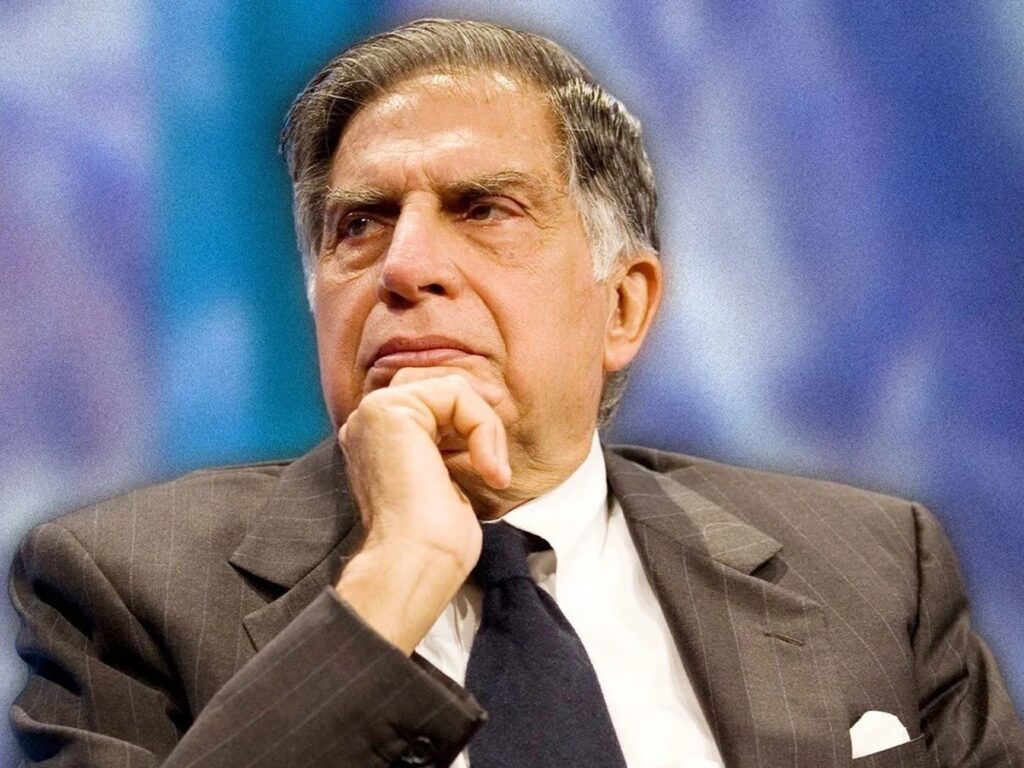Ratan Tata, a prominent Indian industrialist and the former chairman of Tata Sons, is recognized for transforming the Tata Group into one of the largest and most respected conglomerates in India and abroad. Following his retirement, the question on everyone’s mind is: who will take the helm of the Tata Group after Ratan Tata’s passing? This inquiry becomes especially significant considering that Tata remained unmarried throughout his life, adding an extra layer of intrigue regarding his succession plan.
The Legacy of Ratan Tata
Ratan Tata’s tenure as the head of the Tata Group saw unprecedented growth and expansion into diverse sectors, from steel and automotive to IT and consumer goods. His leadership introduced innovative practices and a commitment to social responsibility that became the ethos of the Tata Group. Under his guidance, Tata Motors acquired Jaguar Land Rover, and the group ventured into various global markets, solidifying its status as a powerhouse. His dedication to philanthropy and community development also set a benchmark for corporate responsibility.
Potential Successors
The question of succession raises various potential candidates within the Tata Group and beyond. Here are some of the notable figures who could play a critical role in leading the conglomerate:
| Name | Current Position | Profile |
|---|---|---|
| Natarajan Chandrasekaran | Chairman of Tata Sons | Chandrasekaran has been instrumental in driving the group’s digital transformation and global expansion. |
| Ravi Kant | Former Vice Chairman of Tata Motors | An experienced leader with extensive knowledge of the automotive and manufacturing sectors. |
| TV Narendran | CEO of Tata Steel | With a robust background in the steel industry, Narendran is recognized for his strategic vision and operational excellence. |
| Meher Pudumjee | Chairperson of Thermax | Pudumjee is a respected leader known for her work in sustainability and clean energy initiatives. |
The Role of the Tata Trusts
The Tata Trusts, which holds a significant portion of the Tata Group’s equity, also play a vital role in determining the future leadership. The trusts are heavily involved in philanthropy and social causes, and their influence on the Tata Group’s direction cannot be understated. The ethos of social responsibility and community development that Ratan Tata championed will likely continue to guide the future leadership.
Conclusion
As the Tata Group looks toward the future, the selection of a successor to Ratan Tata will be crucial in maintaining the legacy he built over the decades. The challenges ahead will require a leader with vision, integrity, and the ability to innovate while honoring the company’s historical commitment to societal benefit. The question of succession serves not only as a reflection on Tata’s life and contributions but also as a pivotal moment for the company in navigating the complexities of modern business.
